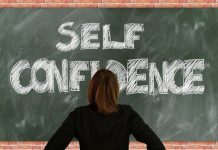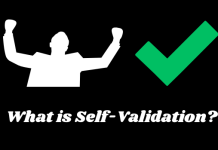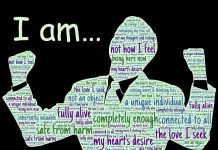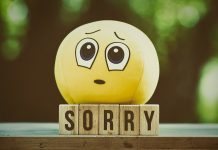
In the journey of self-discovery and personal growth, one often encounters the transformative concept of forgiveness. While forgiveness has long been associated with pardoning others for their wrongdoings, there is a profound realization that forgiveness is, in fact, the ultimate act of self-love. By releasing ourselves from the burden of resentment and guilt, we pave the way for healing, liberation, and inner peace. Here, we will delve into the concept of self-forgiveness and explore three crucial lessons that can aid us on this empowering path.
Lesson 1: Embracing Imperfection as a Human Trait
One of the fundamental lessons in practicing self-forgiveness is learning to embrace our imperfections. As human beings, we are inherently prone to making mistakes, encountering setbacks, and experiencing moments of weakness. It is crucial to recognize that these imperfections do not define our worth but rather contribute to the rich tapestry of our lives. Self-love flourishes when we extend the same compassion and understanding to ourselves that we readily offer to others.
The journey towards self-forgiveness begins with acknowledging our mistakes and accepting them as an integral part of our growth. By releasing the unrealistic expectations of perfection, we grant ourselves permission to learn, evolve, and become stronger. Embracing imperfection is not a sign of weakness, but rather a testament to our resilience and capacity for growth.
Lesson 2: Letting Go of the Past to Embrace the Present
Forgiveness, at its core, involves the act of letting go. Often, we find ourselves entangled in the web of past regrets, painful memories, and unresolved conflicts. These emotional burdens not only hinder our progress but also prevent us from fully experiencing the present moment. The art of self-forgiveness lies in releasing the grip of the past and choosing to embrace the present with an open heart.
It is important to recognize that holding onto grudges, regrets, and self-blame only perpetuates a cycle of suffering. By consciously choosing to release these emotional anchors, we create space for healing and growth. This process allows us to redirect our energy towards constructive endeavors, fostering an environment of self-love and self-nurturing. Letting go of the past is not an act of forgetting, but a powerful declaration of our commitment to our well-being and personal evolution.
Lesson 3: Cultivating a Compassionate Dialogue Within
The way we speak to ourselves has a profound impact on our self-esteem and overall well-being. Often, our internal dialogue is laden with self-criticism, judgment, and harshness. To truly embrace self-forgiveness, we must cultivate a compassionate and nurturing dialogue within ourselves.
Imagine speaking to a dear friend who is facing a challenging situation. The words of encouragement, understanding, and empathy that we offer to our friends should also be extended to ourselves. By becoming aware of our self-talk and consciously shifting towards a kinder and more supportive tone, we create a foundation of self-love that strengthens our ability to forgive.
In the intricate dance of life, forgiveness emerges as a powerful force that not only mends relationships with others but also restores our connection with ourselves. The journey towards self-forgiveness is transformative, requiring us to embrace imperfection, let go of the past, and cultivate self-compassion. By understanding that forgiveness is an act of self-love, we liberate ourselves from the chains of resentment and guilt, paving the way for profound healing, growth, and inner harmony. As we embark on this path, we embark on a remarkable journey towards a life imbued with genuine self-love and acceptance.


























































